KAREN LUNDER brings a wealth of expertise to her work in film development and production. Executive Vice-President of Production for FilmNation, Lunder boasts an impressive background prior to joining FilmNation several years ago. She was formerly President of Production at Landscape Entertainment, and while at Gil Netter Productions developed and oversaw “Marley & Me” and “The Blind Side.” During her tenure at FilmNation she has developed and produced the acclaimed “Eye In The Sky” directed by Gavin Hood, executive produced “The Founder” starring Michael Keaton as well as Best Picture nominee “Arrival”, and most recently produced “Gifted” directed by Marc Webb.
I spoke with KAREN LUNDER at length in this exclusive interview talking about producing, its challenges and its rewards, the drive and motivation involved with development and, of course, some of the gems of FilmNation.

I have been a huge fan and admirer of the films produced by FilmNation. Your approach to the films that you develop and bring to life speaks for itself in the end product. “Arrival” is one of the most brilliant moves FilmNation has made.
That was funny. That one I just felt like we knew before we even put it together before the first read, that was one of those ones that just felt really special. We were fortunate to put it together with the best possible people. While it was still a big endeavor to get where we got, I think we knew before we started we were set up to succeed. It was a really special group of people on that project.
When you’ve got Eric’s script behind it. . .
He’s incredible. It was such a beautiful, beautiful script. It came in as a spec and I read it and just cried. And every time we did even the slightest adjustments to the script and I would read it again, I would cry. The first time I saw dailies, I cried. When I saw the first cut of the film, I cried. I still get a lump in my throat. And that’s the same with “Gifted”, too. I get a lump in my throat every time and I’ve seen it I don’t know how many times.
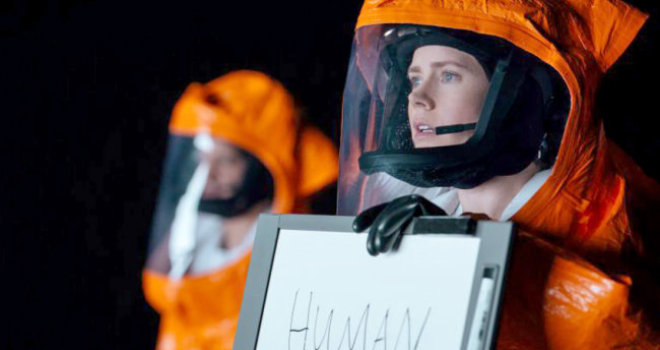
“Gifted”, as I told Marc Webb when I interviewed him, “Gifted” is truly a gift for movie audiences everywhere. This is one of the most precious films. And I know you were boots on the ground producer with it.
Yes, I was. I was determined to get that movie made and I knew the only way that it was going to get made was if it was built just right. It’s funny because with “Arrival” while I think we got the best possible team for that – couldn’t have done better – there’s probably various versions of that movie that could get made and work, not as beautifully as our version, but could exist in the world. Whereas with “Gifted”, I really felt that if I didn’t have somebody like Marc Webb, and if we didn’t just build it with just the right person to play Frank – I couldn’t even imagine it with anyone other than Chris Evans in that role, especially now – and Mckenna [Grace], if we didn’t have her, as Marc has said many times, we wouldn’t have had a film. It was a difficult road to put it together because it’s not the type of movie that people want to make, to be honest with you. An emotional comedic drama. Those are probably the hardest films to get off the ground.
But what’s very important about “Gifted” is, number one it redefines family. It puts gifted children in the spotlight and a parent that rather than forcing the gift, or a guardian forcing the gift on them, it’s letting them be a kid, which is something we don’t normally see in the real world. It’s like sports parents. It’s push, push, push. Like they’re living their fantasy much as her grandmother, as Mary’s grandmother, is doing. And to see this play out with this quiet, this palpable depth of quiet that Chris has is absolutely stunning. Beyond moving. I see a similar note here as in another film you worked on, “The Blind Side.”
Yeah.
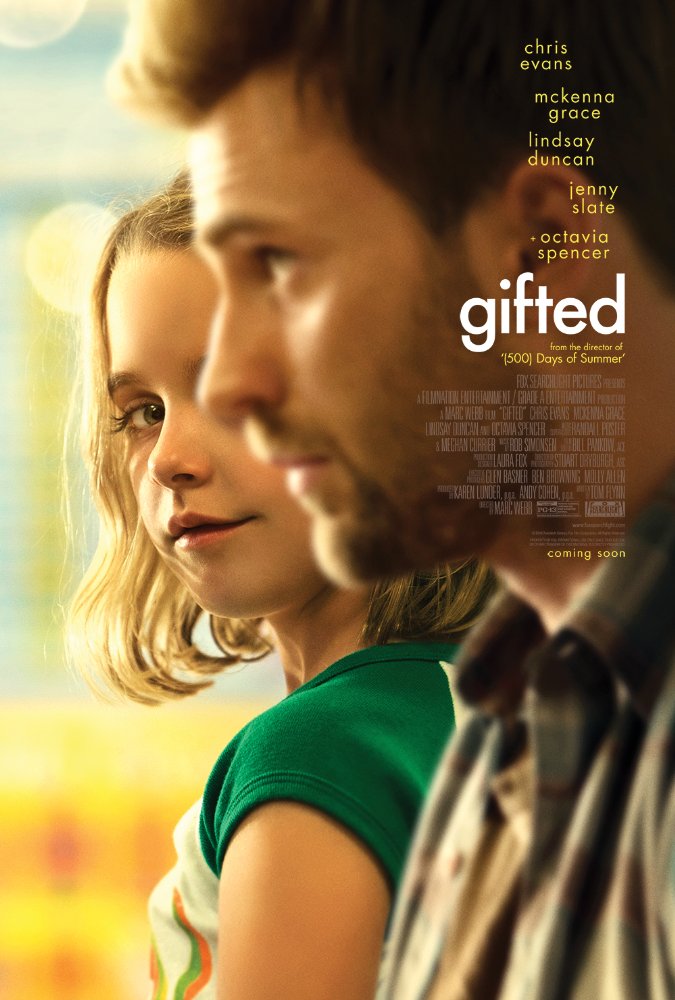
I see this parallel in the type of storytelling that you seem to prefer and enjoy, and that you’re so good at.
You know, I think that my desire to be a producer is emotional. I have an emotional connection to films. I think we all do. That’s one of the reasons, by the way, that going to the theater to me, is such an important experience. Because sitting in a dark room with other people and feeling the community of that as you’re just getting enveloped in this big screen experience is an emotional experience, whether you’re laughing, crying, getting scared out of your wits, whatever it is. I do think that with material, regardless of how cerebral it might be, political it may be, whatever it is about the actual story in the genre, the thing that gets under my skin and makes me think, “Yes, I want to spend the next one, two, three, four, five years championing this thing and getting it made,” is emotional. I think it’s these characters where there’s damage, there’s conflict, there’s insecurity, there’s hope and there’s love. I think that that runs through all of the films that I’ve been privileged enough to work on.
Mentioning that, “Eye in the Sky” is another one. You mentioned conflict, but that’s conflict edge-of-your-seat heartbreak at the same time.
Yeah. When I first read that it was the first draft of a teleplay for the BBC. It was probably seven years ago, no, probably six years ago. Early on in the proliferation of drone warfare where it was only starting to really exist in the world and there was actually – I remember people would read the script and say, ‘Well there’s no way you could have a drone that small that it could look like a hummingbird or look like a beetle and go under a door,’ and while we were developing the script, all of a sudden you could buy your own drone on Amazon. But again, while that was such a timely political, very, very emotional, intellectual dilemma of what do you do when you have your finger on the bottom, it was the child at the center of a global crisis and what do you do when there’s just one kid? Well it seems in some ways empirically like an easy answer. You save as many as you can and if you have to sacrifice one, then you sacrifice one, but once you humanize that one and you care and you see that girl with her hula-hoop and the potential of who that girl is, which I realize now as I’m saying it, is a theme in a lot of the work because in “The Blind Side”, it’s the potential of Mike Oher. In “Gifted”, it’s the potential of Mary. In “Eye in the Sky”, it’s the potential of that little girl and you want to see them thrive and grow and achieve their dreams and that’s such a deep, deep, deep hook.
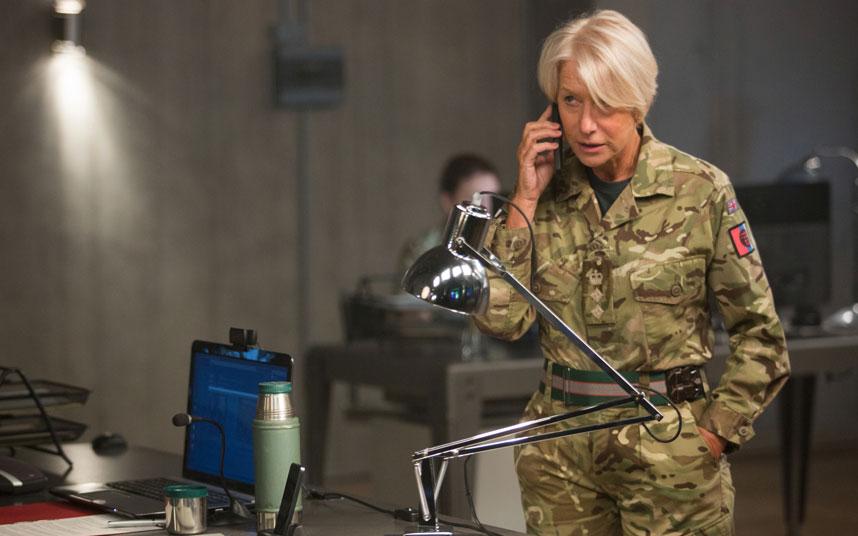
And even in “Arrival”, it’s the potential for mankind becoming better.
Yeah. Yeah, and I think in all cases, they’re all about humanism. They’re all about caring for one another on a human level regardless of all of the other baggage, all of the other obstacles, social, economic, political situations that might be standing in the way of that.
I’m curious because every producer, boots on the ground producer, has their own way of approaching a film and working on it. Each has their own methodology and that also vacillates depending on what type of film it is. How do you approach producing a film? A hands-on production?
Every movie is different and I remember a DP a long time ago. I think the first set I was ever on, was a movie called, “John Tucker Must Die.” The cinematographer had worked for many, many, many years and he said, “You know, it doesn’t matter how many sets you’re on, you will never stop learning. All you discover in each movie is how little you know,” and that always stuck with me because I had come out of an executive development background and there have been many movies I’ve worked on, where I haven’t been the on-set producer and there have been movies where I’ve had the privilege of being the on-set producer, or I’ve worked alongside other people I work with and in every case I’ve had such a huge learning curves, but I think my gut approach to it is that I am in service of the film.
My boss is the movie. I have two bosses. The movie and the filmmaker. Because if you’ve built it correctly whoever that director is, once you’re on set, it’s their film and, “If you’re both facing the same North Star,” as one of the filmmakers I’m working with likes to say, then that should be a pretty easy, enjoyable collaboration because you’re trying to accomplish the same thing. My job is to make sure that that director, whoever he or she is, has what they need to tell their story and that the movie is being protected. Now there is a business to it, so it does also mean coming in on budget, making sure your studio or your financiers are happy with what they’re getting, but everyone’s communicating and sometimes that means being the monkey in the middle and that can be a complicated place to be sometimes. But at the end of the day, it’s still always serving the film because at the end of the day if you haven’t done that right, even if someone gets upset along the way, once it’s in the can that’s all you have.
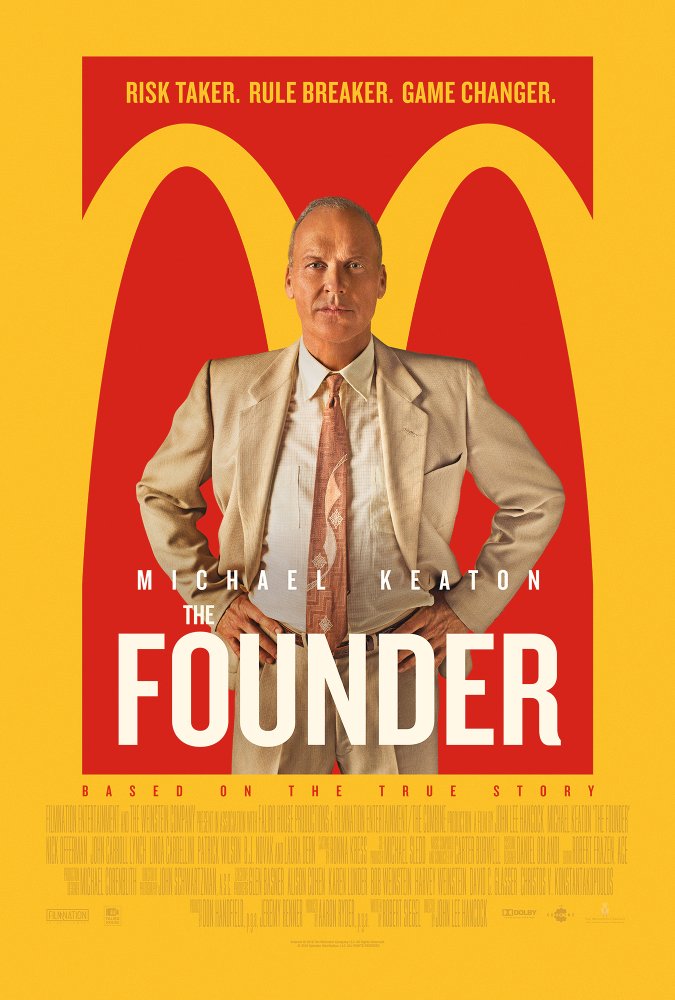
Another film FilmNation did, released one week for awards purposes but then did the release in January, was “The Founder.” That film is so well done. It is such a fascinating film, an interesting film. You have John Schwartzman as your DP, you’ve got John Lee Hancock directing it, you’ve got another incredible performance from Michael Keaton, and you also have Daniel Orlandi with the costuming and Michael Corenblith’s production design; the meticulous nature that went into that film. And yet it didn’t find its theatrical footing. I’m thrilled the film has been so well received on DVD/Blu-ray and VOD.
Yep. It’s funny. Aaron Ryder was the on-set producer for that film. We all put so much blood and sweat and passion and laughter and tears into these projects at every stage of it. From just getting the script in shape, to getting it in the place where you’ve packaged it and built it, to actually prepping the movie and putting it together and filming it, that you hope that you get great distribution, you hope that you get great marketing, you hope that audiences are in the mood for your film when it’s time for that film to be in the marketplace. You hope that you have a good date. You hope that the political, social climate of the country is such that for whatever reason they want to see your film. So many of those things are completely out of your control and I think if you look at any of our films, successful, less successful, there’s always wisdom in hindsight of what you could maybe do differently or hope that other would do differently, or wish that audiences had been available and ready to see your film when it came out, or the competition of other films that exist at the time. The thing I hope happens, because all of that is just such a big swirl of things that are beyond a producer’s control, is that if a movie is good, it will have a life.
Like you said, people are finding “The Founder” now on iTunes, Blu-ray, et cetera and are continuing to find it. The hope is just that your movie gets to have a long life. We all sit around biting our nails on opening week at the box office, but that’s one reason why as much as I have absolutely no idea how distribution is going to change over time and what the risks and benefits are of changing everything, being everything’s hanging on that opening weekend, I do hope that as the way people view movies evolves, the way that they’re distributed continues to evolve. Because movies can have a great long life and they don’t always happen just on that opening weekend.
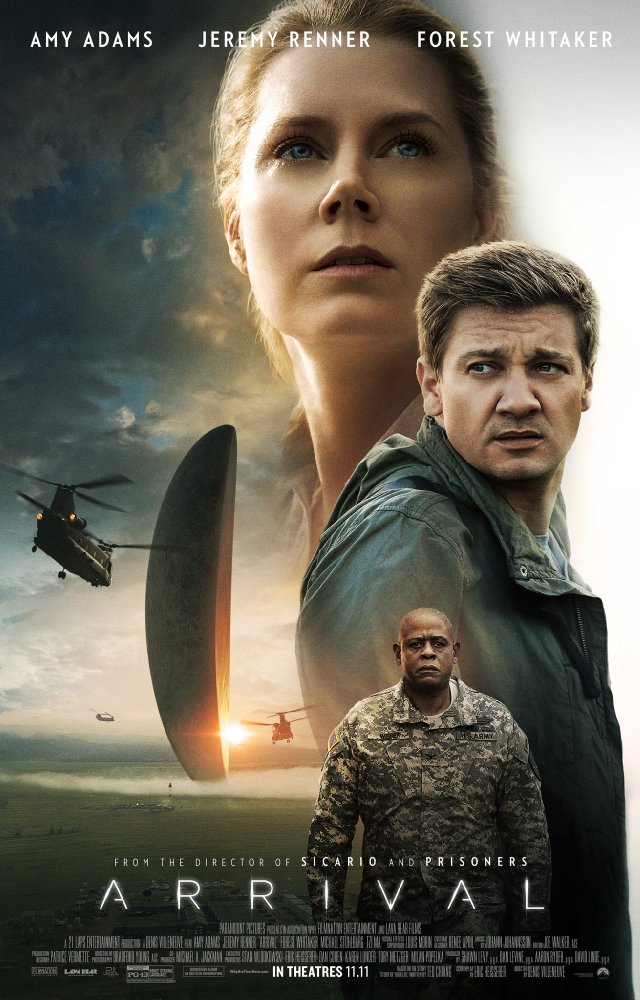
With a lot of these films, something like “Arrival”, something like “Eye in the Sky”, people think of them as smaller films. I know theaters think of them as smaller films and they don’t want to get them the legs or the longevity in the theater. So these other distribution platforms are fabulous so that people can find them. With FilmNation films, I can say with 100% conviction, after 29 years as a film critic and working in production as well, I have not seen a bad film that FilmNation has put out. Production values are high. Performances are superlative and the final package is exemplary on every single one.
Thank you. We certainly strive for it. It’s so hard to get a movie made and it’s so hard to get a movie seen, that you have to believe in your gut that you are creating something that isn’t just something that you love, but that has an audience. And then you have to be really vigilant in getting it to a place where the script is in a strong enough place that it’s going to attract the kind of talent that you want it to attract. And then it just becomes a push-pull of schedules and availability and all those other things. I, in the course of my career, I’ve worked on things that I’m not as proud of, or that didn’t turn out the way I hoped, or just never made it to the screen. I’ve worked on plenty of those. I think we all have and it’s so much work. It’s the same amount of work whether you make a good film or a bad film and it’s far more satisfying to put all that work in and make a good film.
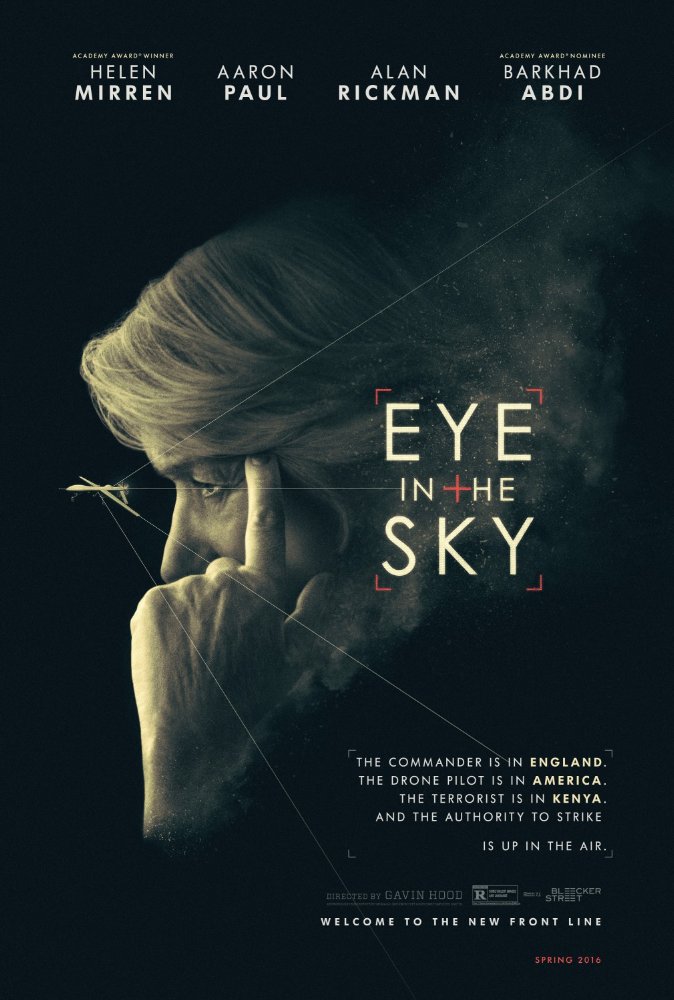
What is it that took you from development into producing?
Getting the opportunity. I always wanted to do it but as you work your way up in the system, if you’re independently wealthy or perhaps a bigger risk taker than I am, no one’s going to stop someone from going out and producing a film if they have the means to do it. There are plenty of brilliant, young producers that have come straight out of the gate in that job. I came sideways out of nowhere from Canada with no connections and sort of worked my way into the business and found that I had a great aptitude for development. I loved working with writers. I was good at it. I still get this high when I find a book that I can see as a film, or read a screenplay that I’m excited about, and that back and forth is such an immense pleasure. Actually working on “Gifted” with Tom [Flynn] was already an enormous pleasure because while that was already a pretty special script when I got it, whenever I would ask him to do something to change the script and he would give it back to me, it was better. There was a high in that, that’s addictive. When you’re working for other people they can decide whether you’re going to go to set or not. They may not want you to spend all your time gone for two, three months because you could be prepping other films, getting other scripts in shape, what have you. So it’s really just having the opportunity and then getting enough experience to be capable, to be trusted to run a film.
I’m glad you mentioned these young producers now, a lot of them just right out of the box they start producing, and okay they do a great job. But I’m curious, do you think that the experience that you have garnered and that others in similar in your position garner, coming sideways and up through the ranks and eventually end up at the wealth of experience you gain along the way about the various components of filmmaking, that makes you a better producer or aided in what you do?
I definitely think it does. I mean I started just being a little scrappy PA working for free on movies in New York and working on commercials in Canada and I remember thinking, “Gosh I wish I had just come to LA and got a job at an agency and segued straight into being a CE at a studio,” because that’s sort of the traditional fast-track used by the industry. I realized a few years later once I’d started to work as a development executive, that I actually knew how to read a budget. I actually knew what everybody’s job was on set. I had seen what every department did and then realized, “Oh, I don’t want to be in any of these departments. I want to be the Producer.” I think having that as my base has benefited me greatly.
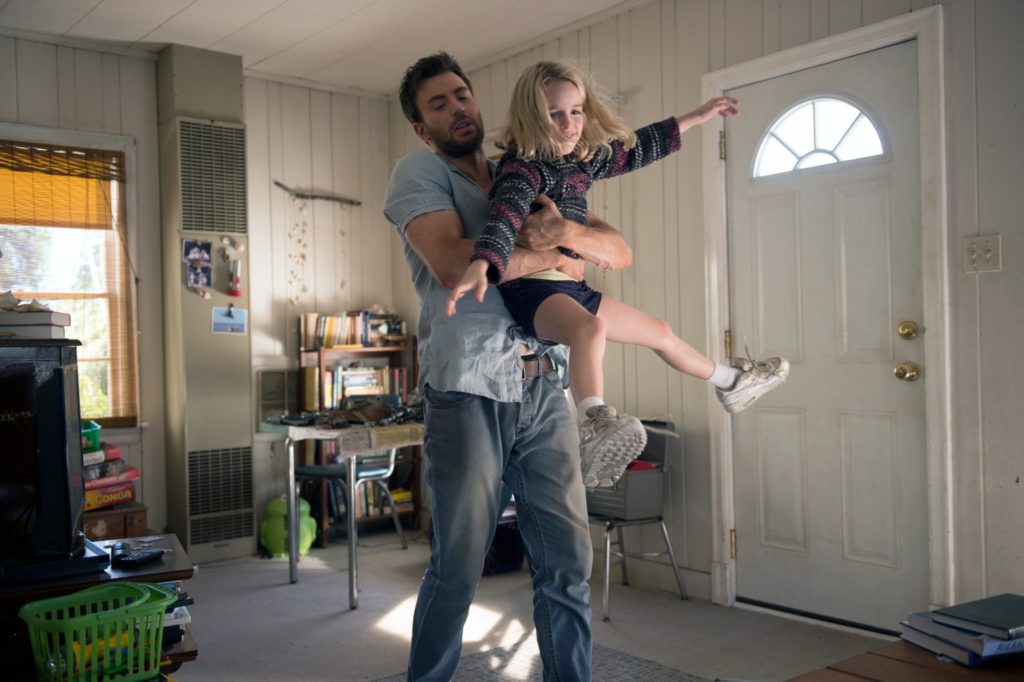
Well, and I think the fact that you can read a budget, that has to be an incredible asset for you when it comes to juggling the funds to get these films made.
Absolutely. I still rely very, very heavily on production managers and UPM’s and the physical production departments at studios, to be able to assess those things more granularly than I might be able to, but at the same time I can have a real sense of whether things are balanced and working, or not. Having that skill I think is frankly in this new age of filmmaking, not just in the independent space, but in general I think it’s a requirement.
So now where will you and FilmNation be going? “Gifted” is out there in the world, everything else – “Arrival”, “The Founder” – is dropping on Blu-ray DVD, iTunes, every platform known to mankind. So what is next for you working at FilmNation? What will you be picking up now or looking for?
Well, I have several things in the works, but I’m not really at liberty to talk about in any specific way because they’re not announced yet. I have a couple of films in development that I’m very excited about that I expect will be going by the end of the year, early next. One that’s a bit of a feminist manifesto movie and really, really exciting. It’s set around the equal rights movement of 1973, but it’s more entertaining than it sounds. Yeah, I wish I could tell you more about some of the other things that I’m working on because they’re very exciting and have some really great people involved in them, but they’re not announced yet.
What is it about FilmNation that drew you to them and that keeps you with them? What about their cinematic mission that really speaks to you?
That’s easy. What drew me was Glen Basner and Aaron Ryder. I actually knew Aaron through a mutual friend, a screenwriter that I was working with, and we met and had lunch and were talking about the business and this is almost six years ago. So it was when the company was quite young and the business was in a state of anxiety and most people I knew in the business, whether they were at bigger production companies, at studios or independent, or sort of bemoaning how difficult how it was ppost-strike post-recession, you know “the death of movies and TV is good and movies suck”. Then I met with both Aaron and Glen respectively and I didn’t hear any of that. I didn’t hear any complaining. I didn’t hear any sort of doomsday approach. I just heard this very matter of fact, sort of New York attitude, enthusiasm for what Glen wanted to build and there was no doubt. It frankly reminded me of my very, very, very first job a million years ago, which will betray my age, at a company called, “October Films,” where I worked as an intern and as a reader and then as an assistant. It reminded me a little of Bingham Ray and that attitude he had, of he was just going to do what he was going to do, and it didn’t really matter what anybody else was doing. And that to me seemed like an answer to my question, because the question I was asking myself was, “Do I become a manager? Do I move into television? Do I move to a studio, even though that doesn’t really feel like who I am?” Then all of a sudden this young, independent company felt like they were doing what everybody else had stopped doing.
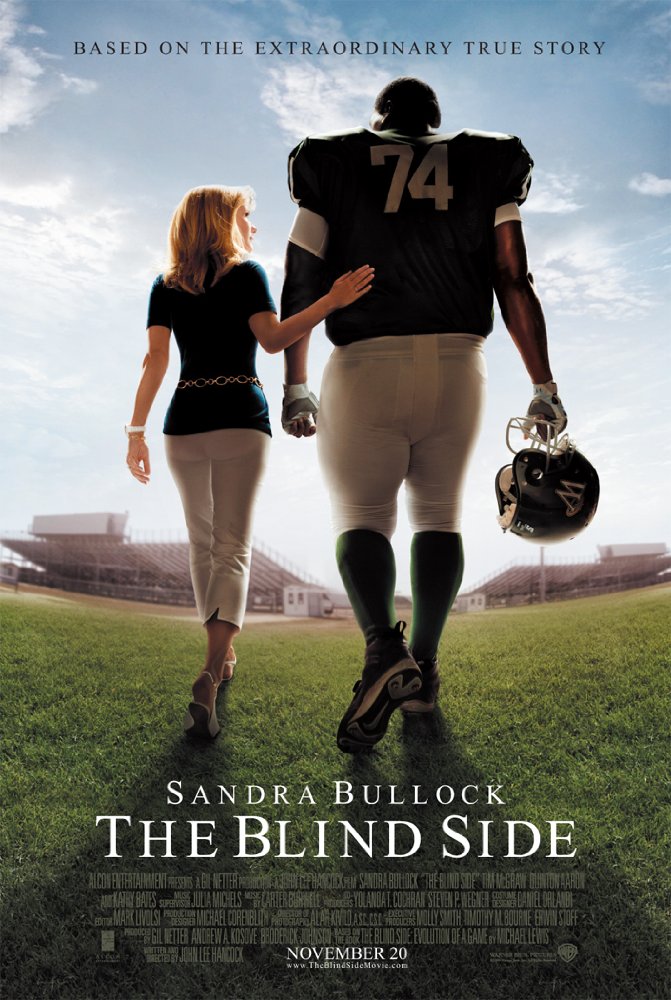
Just one last question before I let you go. Once again this year, the industry was faced with a potential strike. This time by the WGA. When the specter of strike looms, what is a producer’s take on it, especially with the impact of social media and very public comment and daily threats of shutting down the industry, does that put you into a panic or give you any cause for pause or concern?
It doesn’t put me into a panic. I understand why people want to empower themselves and take the position that they’re willing to strike. It’s a negotiation and you need leverage in a negotiation. I weathered the last strike and it was certainly difficult in terms of you can’t be developing scripts when there’s a strike. There’s a lot you can’t do. You have to put a pause on certain things. But there’s other things you can do. You can be looking for great books. You have a little more time on your hands, so you actually can be a little more voracious and creative in how you look for underlying material. If you have scripts that are ready, you can be packaging them. You can be hiring directors and getting them ready to go. I think that there’s enough to do in the job of a producer, that if your entire business comes to a screeching halt, then maybe you don’t have enough business, or maybe you haven’t diversified enough. It’s not to say that it won’t affect anybody if there’s a strike. Of course it will. It’ll have a massive impact, but I think to worry about something ahead of time is something I learned a long time ago to try not to do. So my strategy is to live in the moment.
#
by debbie elias, interview 04/21/2017
UPDATE 06/25/17: Lunder has recently left FilmNation, now joining Imagine as a senior motion picture executive developing and producing material. She dives right into the thick of things at Imagine overseeing “The Spy Who Dumped Me” starring Mila Kunis, Kate McKinnon and Sam Heughan.












